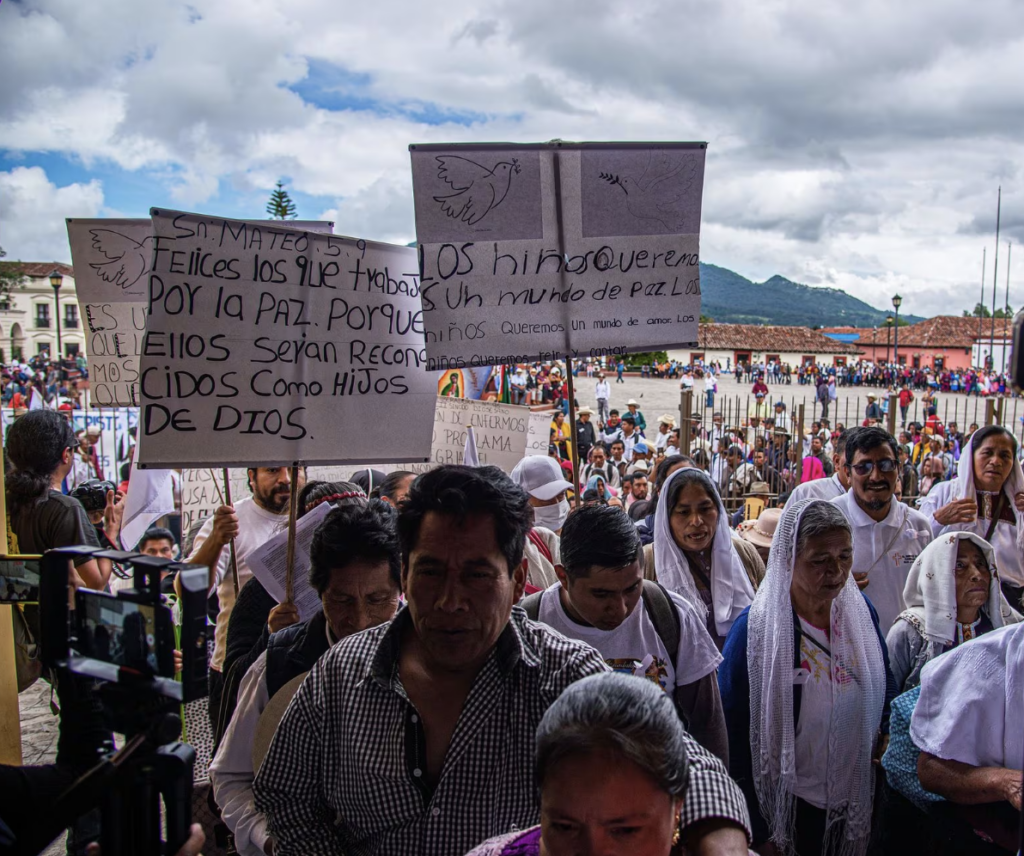
08/12/13 – Rafael Caro Quintero (61), one of the most important kingpins in Mexican history and once considered one of the godfathers of drug trafficking, was released on Friday, August 9, from the Puente Grande prison after serving 28 years for the kidnapping, torture, and killing of undercover Drug Enforcement Agency (DEA) agent Enrique “Kiki” Camarena in 1985. Caro Quintero was originally captured in San José, Costa Rica in 1985 during an operation launched by the DEA after he allegedly fled from Mexico with support from Mexican authorities.
Originally sentenced to serve 40 years in prison, Caro Quintero’s early release came after a federal judge found him wrongfully prosecuted and tried by federal authorities for the killing of Kiki Camarena. According to the judge, the sentencing by a federal court was in breach of Mexican law because the DEA agent was acting undercover with no diplomatic or consular status; hence the crime was a regular homicide under state jurisdiction and the federal courts had no authority to prosecute and try the case. Caro Quintero was acquitted of other charges against him and already served the time in prison for the only other crime he was originally found guilty of—drug production and trafficking.
Caro Quintero, who once offered to pay the Mexican foreign debt if released from prison, is one of the founders—along with Miguel Ángel Felix Gallardo, and Ernesto Fonseca Carrillo “Don Neto”—of the Guadalajara Cartel, the most powerful criminal organization in Mexico during the 1970s and 1980s. Known as the first generation of Mexican drug traffickers, after the arrest of the “Godfathers” the Guadalajara Cartel split into new organizations—the Sinaloa Cartel, the Juarez Cartel, and the Tijuana Cartel—that grew to be the most powerful during the 1990s and after.
The kidnapping and killing of Kiki Camarena was allegedly planned and executed by Caro Quintero in coordination with Felix Gallardo and Don Neto after DEA investigations led to a major bust of the “El Búfalo” ranch in Chihuahua in 1984. The operation that led to the seizure of around 1,000 hectares of mariguana plantations allegedly cost Caro Quintero—owner of the ranch—around $8 billion (USD). Kiki Camarena was kidnapped on February 7, 1985, along with his Mexican pilot, Alfredo Avelar, in Guadalajara in the state of Jalisco. Both victims were tortured and killed, and their bodies found almost a month later in the neighboring state of Michoacán. After pressure from the U.S. Government, Caro Quintero was arrested in Costa Rica on April 4, 1985; Don Neto in Puerto Vallarta on April 7, 1985; and Felix Gallardo in Guadalajara on April 8, 1989. These operations also led to the arrest of almost 100 police officers from municipal and state agencies, as well as from the Federal Direction of Security (Dirección Federal de Seguridad, DFS) and the Judicial Federal Police (Policía Judicial Federal, PJF). The three kingpins then accused each other of being responsible for the killing of Camarena.
After the DEA murder, a period of tension rose between the United States and Mexico. U.S. authorities denounced the corruption of Mexican security agencies such as the DFS and the PJF, at the same time that U.S. authorities were conducting operations in breach of Mexican sovereignty, such as the abduction of Dr. Humberto Alvarez Machain who was prosecuted in the United States for assisting in Kiki Camarena’s torture. Although Alvarez Machain was acquitted, his case before U.S. courts later became an important precedent for international jurisdiction. It is believed that the pressure by the United States not only led to the capture of the Guadalajara Cartel leaders, but also to the dismantling of the DFS—the political police of the Mexican government—, which was formally dismantled in May 1985 after its involvement the year before in the planning and murder of award-winning Mexican journalist Manuel Buendía.
As reported by the Justice in Mexico Project, there has been a recent chill in security cooperation between Mexico and the United States, and the release of Caro Quintero has been perceived as a significant setback to Mexico in its war against organized crime. The DEA said it was “deeply troubled” and “extremely disappointed” by the Mexican court’s decision and immediately placed Caro Quintero at the top of the most wanted international criminals. The agency announced that it will seek the extradition of Caro Quintero to be prosecuted in the United States after an initial petition was denied by Mexican authorities. According to international media, the release could potentially raise new “tensions” between the two governments, though Mexican authorities suggested an eventual extradition could be granted if their U.S. counterparts are able to substantiate the request.
Sources:
Rohter, Larry. “Mexicans arrest top drug figure and 80 policemen.” New York Times. April 11, 1989.
SINEMBARGO. “Advierte prensa extranjera nueva tensión México-EU.” Noreste. August 10, 2013.





Pingback: Outright leader of the Gulf Cartel captured | Justice in Mexico
Pingback: Claims of U.S. espionage in Mexico adds to changing bilateral relations | Justice in Mexico
Pingback: Mexico captures third suspect in murder of Border Patrol Agent Brian Terry | Justice in Mexico